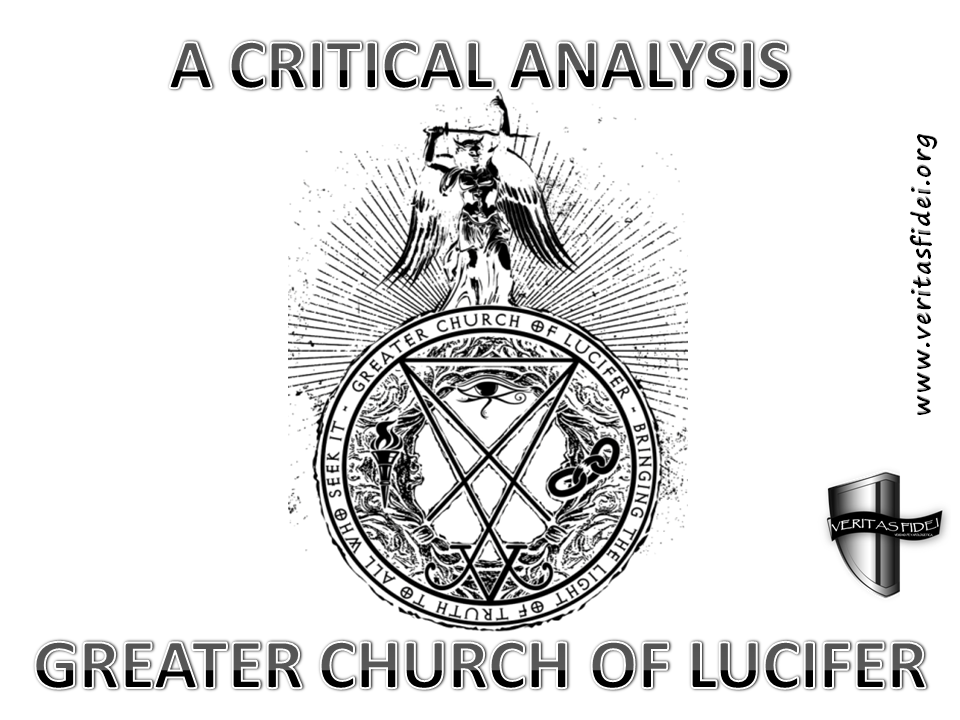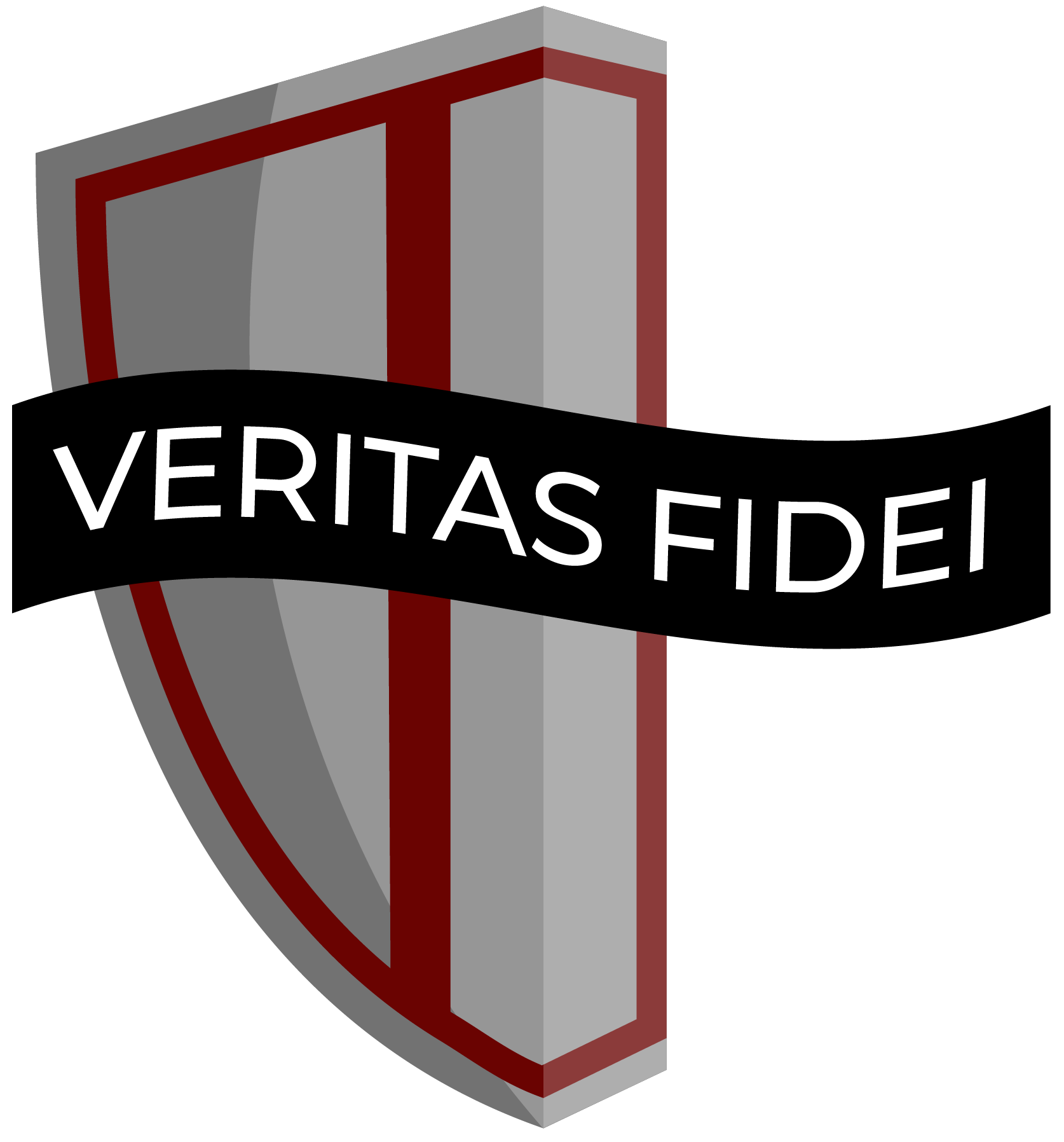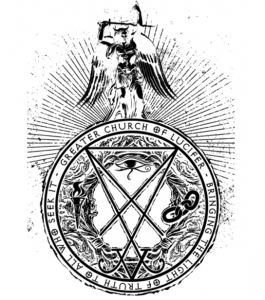
Esta entrada también está disponible en: Spanish
A few weeks ago, the “Greater Church of Lucifer” (GCOL) opened its doors in my community in Spring TX. Not coincidentally, they opened their doors to the public during the festivities of Halloween. This event brought an onslaught of media frenzy and alarm from concerned citizens. In fact, there were protests and even acts of vandalism against the GCOL.
What this tells me is that people are uninformed about what this group believes and miss out on what should be the correct Christian attitude towards them.
With that in mind, I decided to write about them, what they believe, an analysis of their philosophy and finally, some practical points about the attitude a Christian should have towards these folks. This will be done throughout multiple posts.
To understand “Luciferianism” we have two main sources: the GCOL Web site and the philosophy of Luciferiansim contained in the Wisdom of Eosphoros by Michael W Ford.1
Nobody likes to be misrepresented, and so I will try to present the philosophy of Luciferianism as faithfully as I understand it, and then I will do a critique of such philosophy/beliefs.
But before we go there, let’s see how and why the average “Joe” would even want to join the Church of Lucifer. From their page, these are the conditions of membership:
How to become a member [of the GCOL]
-
Must be at least 18 years of age. If under the age of 18 then the new member must of the age of 16 with written parents or guardians permission. At least one parent or guardian of the minor must be members of the Church and can be spoken to for verbal permission confirmation.
-
Must have read Wisdom of Eosphoros and understand the Church’s core philosophy and be verbally confirmed by leadership that they know about the Church and our goals.
-
Must agree with a majority2 of our philosophy.
There are a few issues with these conditions of membership, but leaving that aside, let’s analyze the Wisdom of Eosphoros to understand their “core philosophy” since that is where “the rubber meets the road” in the realm of ideas.
I noticed first that this is a fairly recent book (2015) by “Succubus Productions” in Houston TX. The symbol of the editorial is a female demon. It is quite obvious that this is a self-published book.
If you read a book, always read the introduction (and foreword). This was sound advice I received from Dr. Clay Jones from Biola University. The introduction will give you (hopefully) a great overview of what follows. For me, if a book is optional reading, I often decide if I will devote my time to it after reading the intro. There is a “forward” by the author. No, I did not misspell it, it is written “FORWARD” with an “A.” The correct spelling—at least in the US—is FOREWORD.3 But let’s see what’s in the “forward” by Michael W. Ford—the author.
Before the “foreward” you can see the following image representing the emblem of the GCOL:
And following the image is a sort of poetic prose titled, “The Adversary,” in which the author equates the many names of Lucifer with the idea of “enlightenment” through the “black flame.” This is very vague. I think the core idea is that man has within self the power to be “enlightened”—whatever that means—and that Lucifer is a symbol or image of the standard of knowledge/wisdom to attain. An interesting bit is this:
“Many have called me the Devil or Satan, This does not insult me for I am the enemy of the slave-religions and deathworshipping cults of Jehova.”
We can already sense an anti-religious tone. Never mind the issues with punctuation…
In the foreword, the author explains that,
“Eôsphoros, ‘ Εωσφορος’ (pronunciation: eh-aw-s- fOR-aw s) is the Greek name for the Latin Lucifer, ‘Dawn Bringer’; the planet Venus was known by this name along with Hesperos ‘Ἑσπερος’, known in Latin as Vesperus, ‘Evening Star’.”
Mr. Ford then explains that Lucifer is a symbol of Luciferian philosophy and that applying such philosophy in everyday life will “begin a series of life-changing moments…igniting the inner-torch of the Black Flame.” The essence of the philosophy is to reject “blind faith” and instead be encouraged to “question everything.”
It is obvious that the Luciferian belief also accommodates neo-darwinism, for he says that,
“The primal instinct which was a gift of our ‘reptile brain’ during the long process of evolution served us well; we became the self-conscious species which has both the potential for our greatness or complete destruction.”
Luciferians don’t try to deny individuality, and instead promote it: “we are unique and have deep unconscious instincts which may be beneficial or malicious depending on how we control and guide them.” He ends the foreword affirming that the “image of the adversary…is far more an ideal model of human possibility than, say, Jesus or Buddha. Luciferians don’t escape the world, we wish to possess it and all that we can influence.”
What have we learned so far?
- Luciferians are not devil-worshipers. There is, instead, an emphasis on individuality and self-grandeur. Luciferianism is essentially a self-worshiping and self-aggrandizing philosophy.
- Luciferians (or at least Mr. Ford) are neo-Darwinists.
- They are against “blind faith” and religion in general.
- Human individualism is a high value to be attained to “possess” the world.
- Liciferianism, according to their emblem, is to bring “the light of truth to all who seek it.”
Analysis of Foreword.
Without a desire to be offensive, it is clear this is not a scholarly, peer-reviewed, or even a properly proof-read text. There are punctuation and grammar errors and we haven’t even reached the introduction! Reading the foreword should provide us with a clear idea of the core philosophy or thesis of the book. I still don’t have a grasp of it. I am deeply tempted to stop reading, but for the sake of understanding I will continue.
I sense much disdain towards religion, hints of humanism, and a profuse use of undeciphered symbolism—it is still unclear to me what all the “Dark Flame” language means. That will likely be clarified in the book I hope?
There are hints of relativism and pluralism since Luciferianism is “a modern assimilation of many ancient pre-Christian” beliefs. So it seems that Mr. Ford promotes a trip to the “buffet table” of ancient pagan religions and use them as Lego bricks to “build your own” self-promoting and individualistic philosophy of life. He pretends that we do all this without denying our “inner darkness,” but this Darkness should not be viewed as “evil.” This last bit has a strong scent of relativism.
Some conclusions so far about the Luciferian worldview:
- It is self-promoting humanism.
- It is relativistic (no good and no evil)
- It is neo-Darwinian in nature
- It is pluralistic
Every worldview needs to be able to answer the following four questions adequately. It also ought to be logically consistent, rooted in reality, and essentially relevant. Let’s start filling the answers with what we know about Luciferianism:
The “Four Questions: are:
- Origin: Where do humans and the universe come from?
Luciferian Answer (LA): Humans and their consciousness are the result a “process of evolution” from a “reptile brain.”
- Meaning: What is the Purpose of Life?
LA: Not clear yet. The way they put it is to “possess” the world and be of influence to it in order to “change your life in ways you could never have dreamed.” Again, this sounds more like a line taken from a villain in Walt Disney movies than a serious philosophical work.
- Morality: How do we know good from evil?
LA: There is no good or evil.
- Destiny: What happens after death?
LA: Unknown.
It is not difficult to see that this worldview will result in incoherent and illogical traits, but, it is clear that these people are not devil-worshipping and human-sacrifice-making cultists. This is a group of relativist-humanist, self-promoting, pluralists with hints of new-age occultism. I will continue the review of the introduction in a subsequent post—and modify the answers to the worldview questions as needed. In the mean time, I am strongly tempted to call them and ask about their membership requirements, not because I am interested to join, but because they seem illogical: they claim that one has to agree with the “majority” of their philosophy. I wonder what that means and what parts are “required” beliefs, especially since they are so against “dogmatic” beliefs! Is there such a thing as a Luciferian-Buddhist or a Luciferian-Mormon? I wonder…
Appendix:
I have used some terms in this post that some readers may not be familiar with:
Worldview: A worldview is simply the way someone thinks about the world. It is a “Philosophy of life.” There are many worldviews to choose from: Buddhism, atheism, naturalism, Christianity, Islam, spirituality, “new age,” among others.
Relativism: The relativist believes, in short, that you have your truth and that I have my truth and that there is no truth with a capital “T.” So prevalent is this thinking disease that according to Barna, only one-third of adults believe in absolute [or objective] moral truth. –Dr. Clay Jones
Pluralism: Religious pluralism generally refers to the belief in two or more religious worldviews as being equally valid or acceptable. More than mere tolerance, religious pluralism accepts multiple paths to God or gods as a possibility and is usually contrasted with “exclusivism,” the idea that there is only one true religion or way to know God.
Humanism: An outlook or system of thought attaching prime importance to human rather than divine or supernatural matters. Humanist beliefs stress the potential value and goodness of human beings, emphasize common human needs, and seek solely rational ways of solving human problems.
Neo-Darwinism: The mechanisms which account for evolutionary change. Darwin appealed to natural selection operating on random variations in living things in order to explain the adaptedness of organisms to their environment. With the development of modern genetics, genetic mutations came to supplement the Darwinian mechanism of natural selection by supplying an explanation for the variations on which natural selection works.



